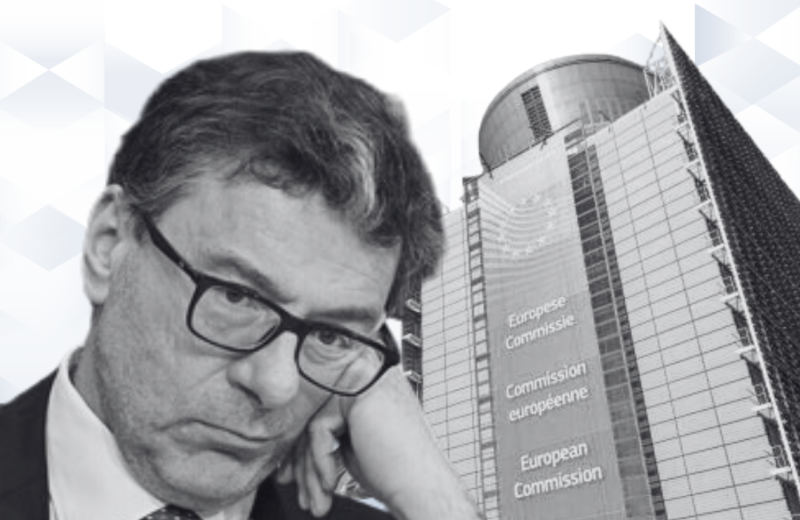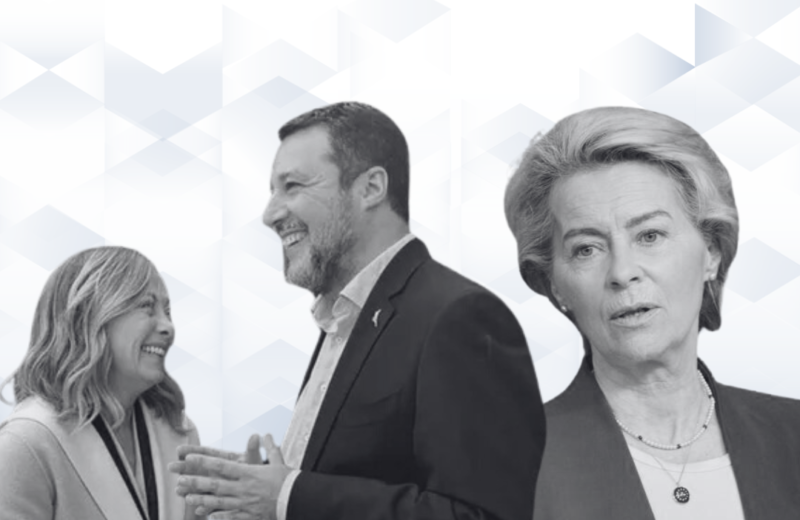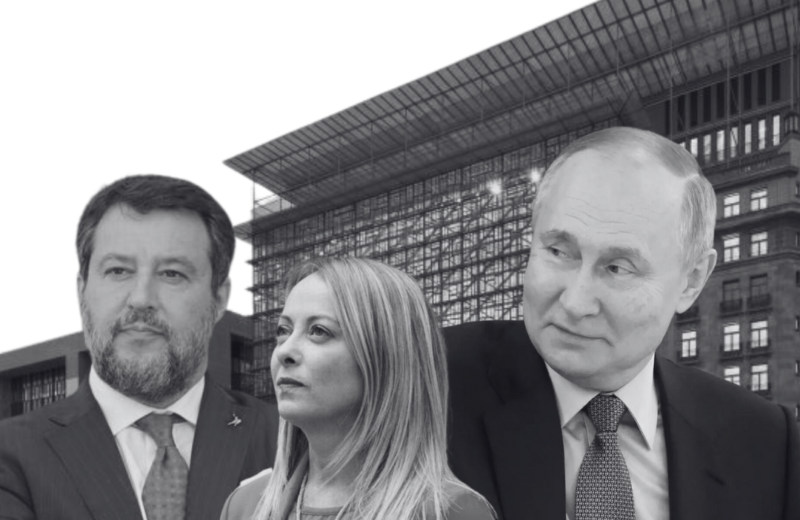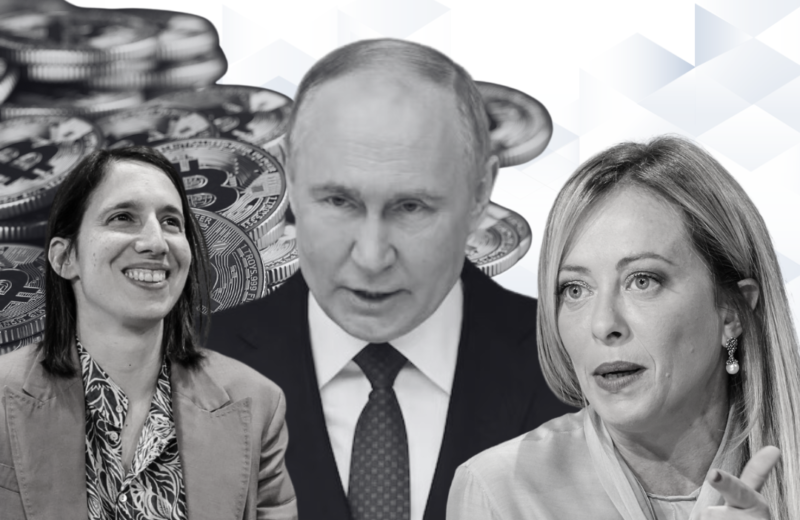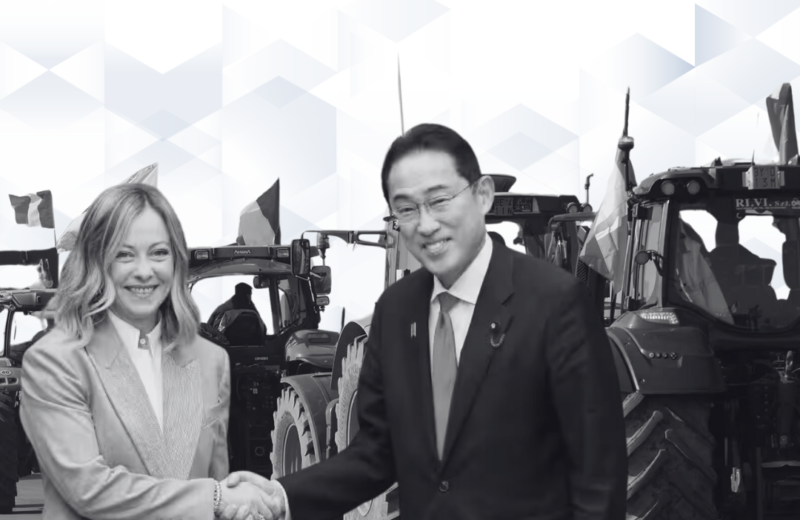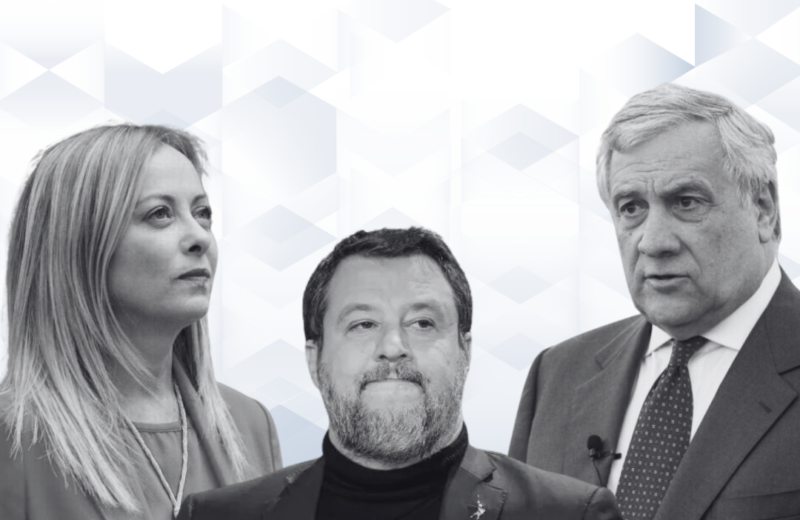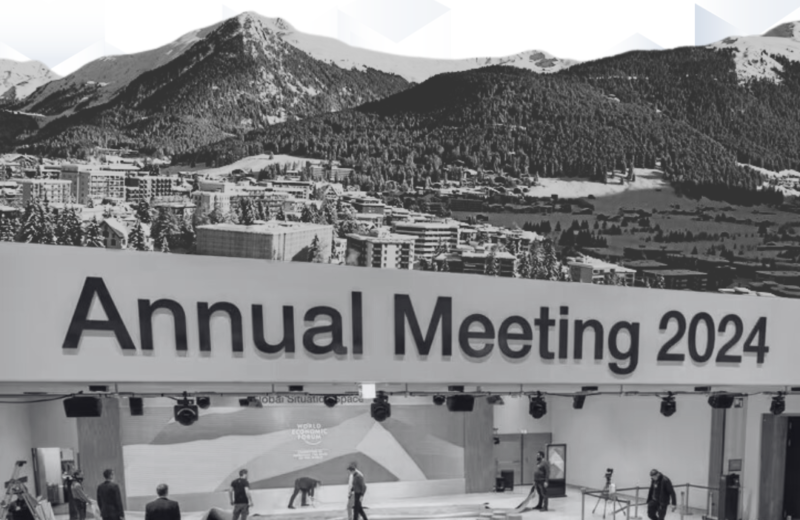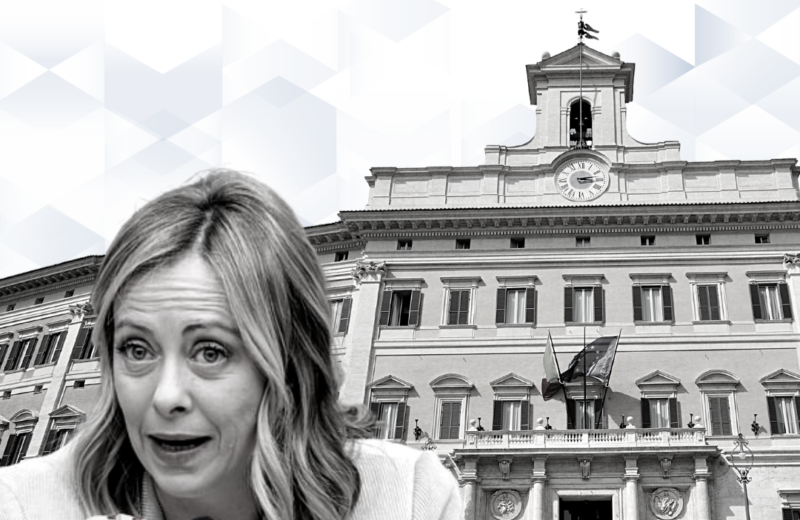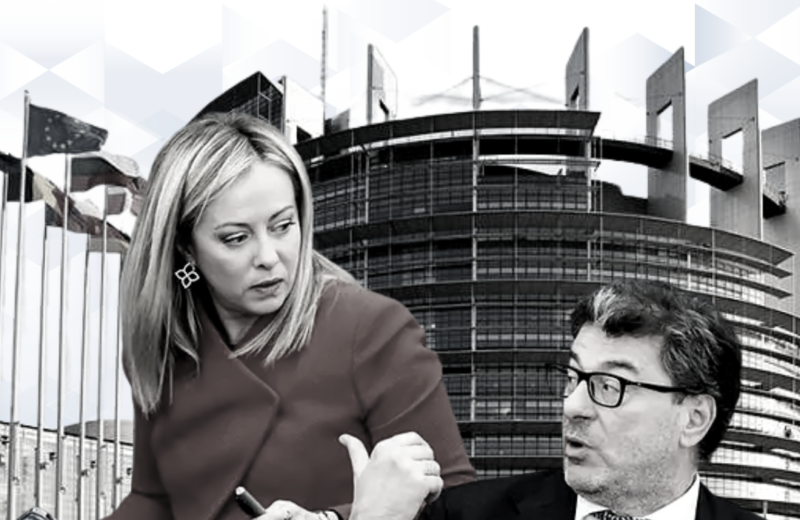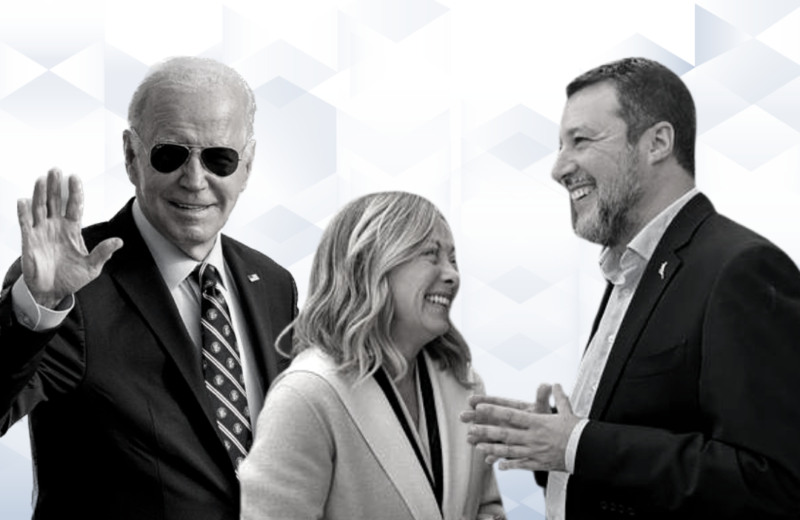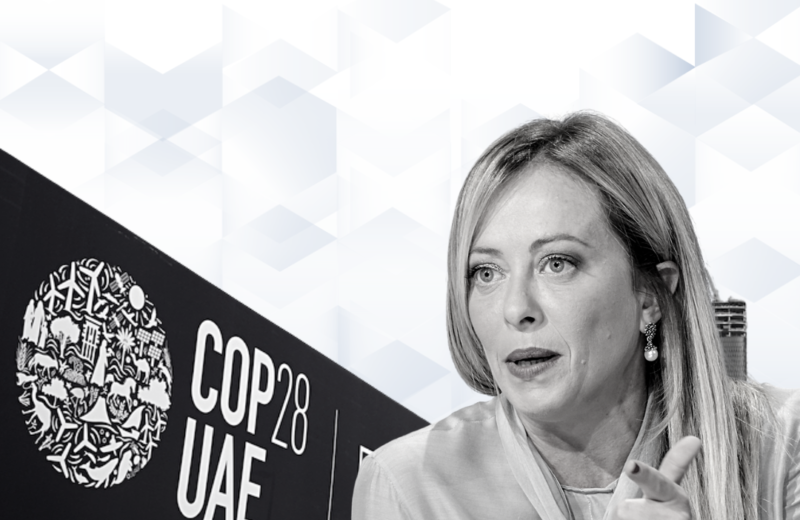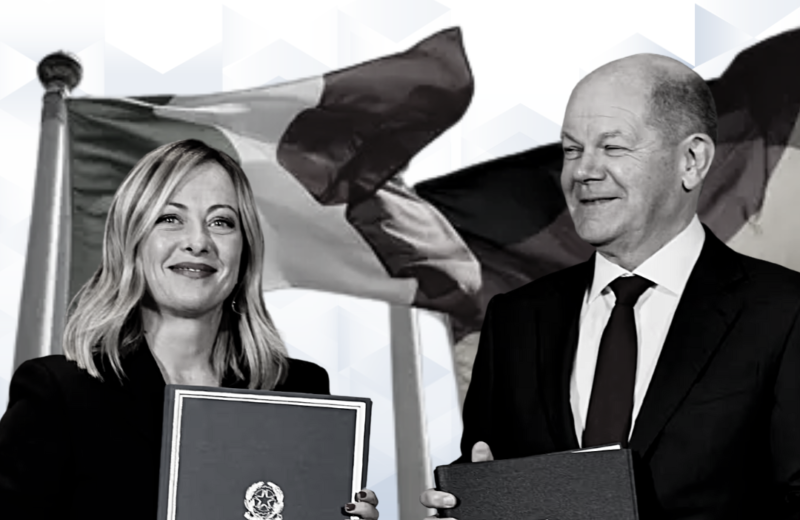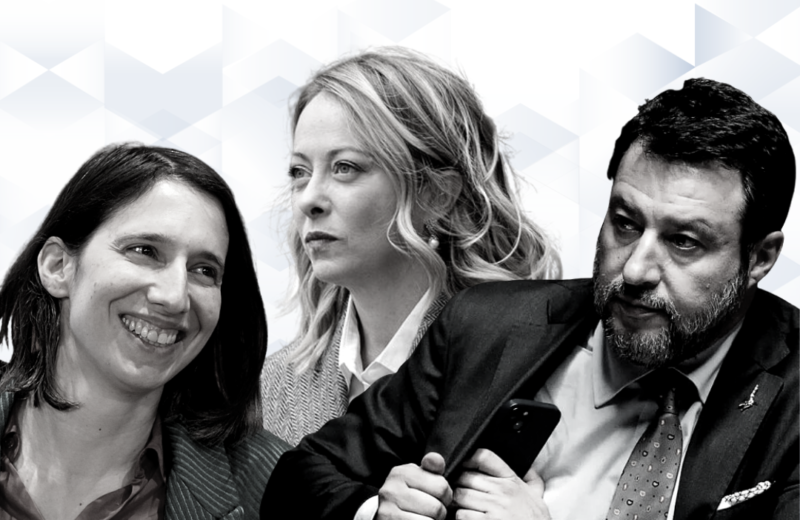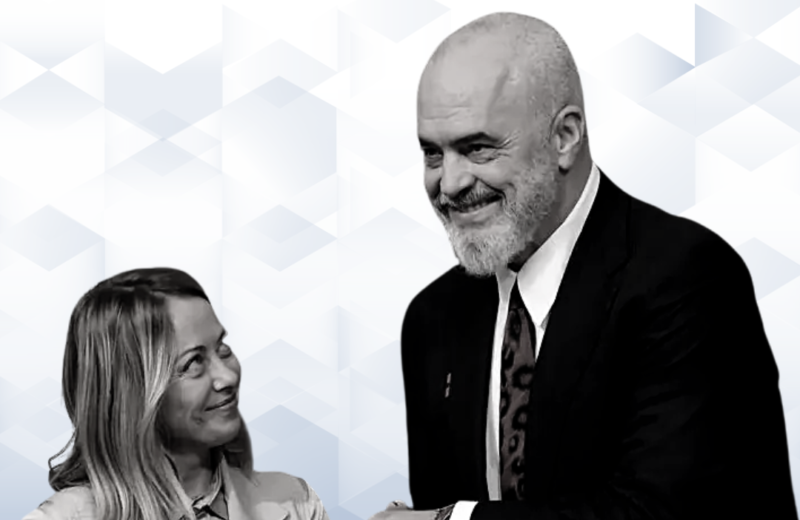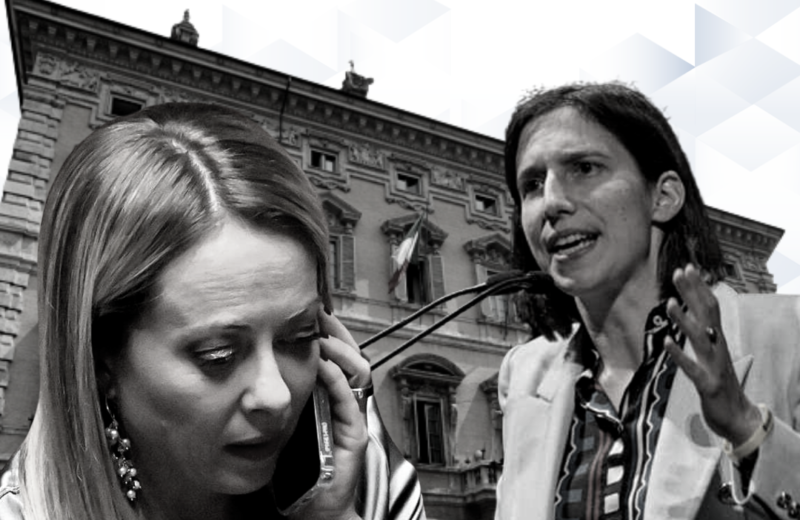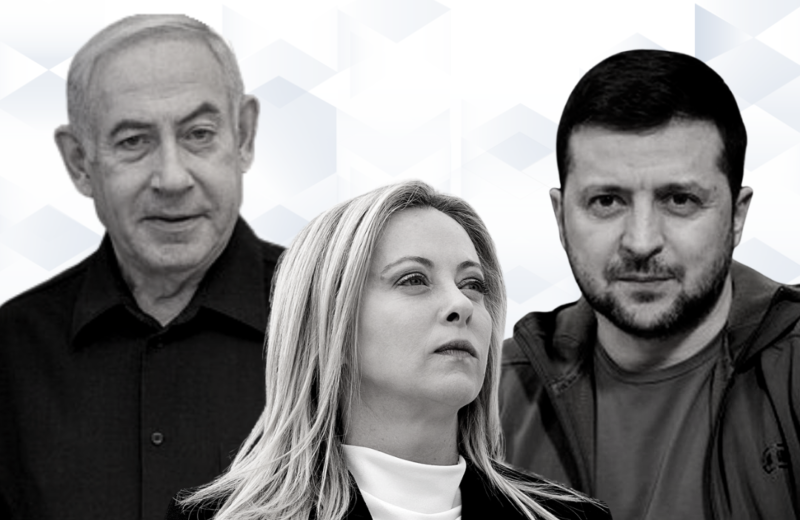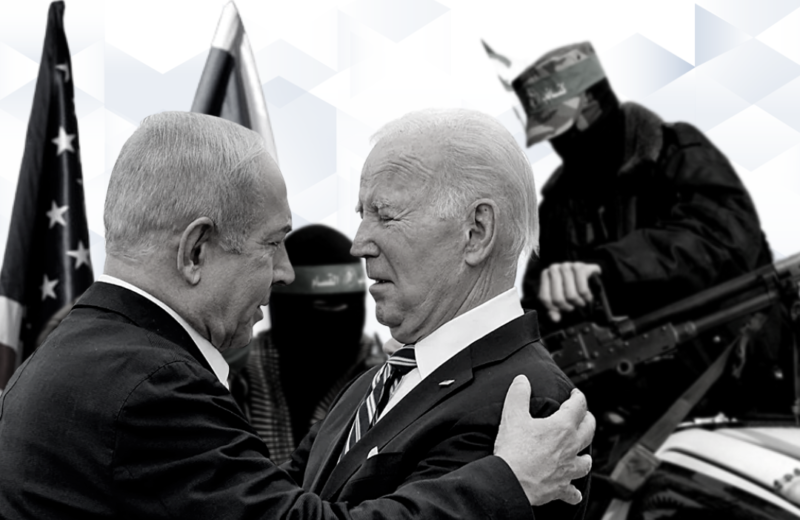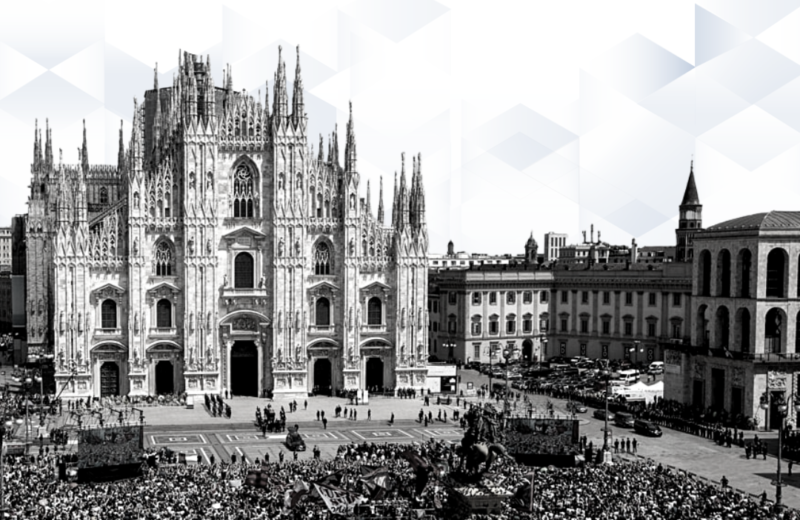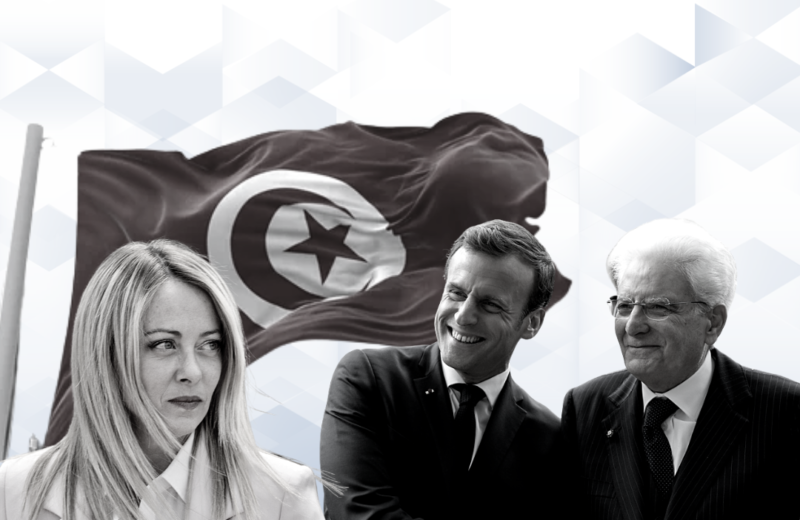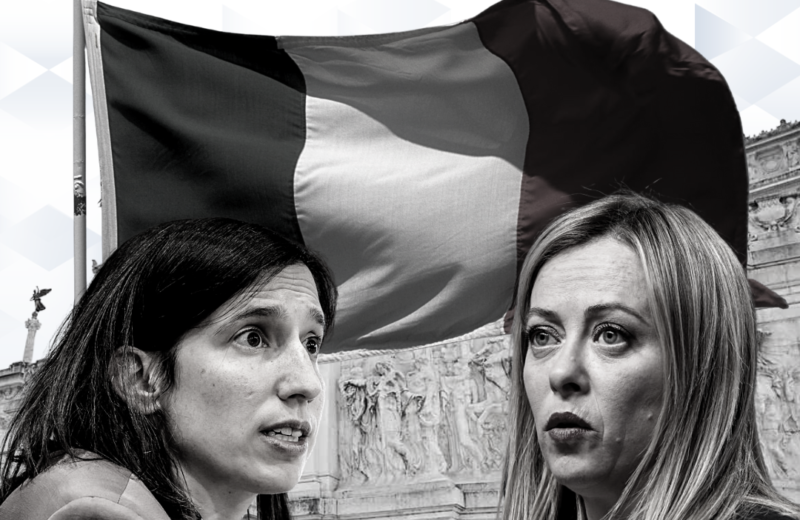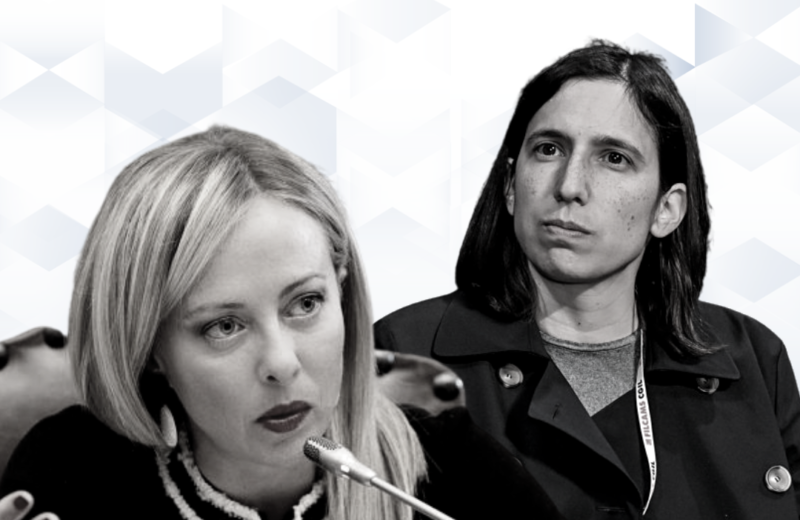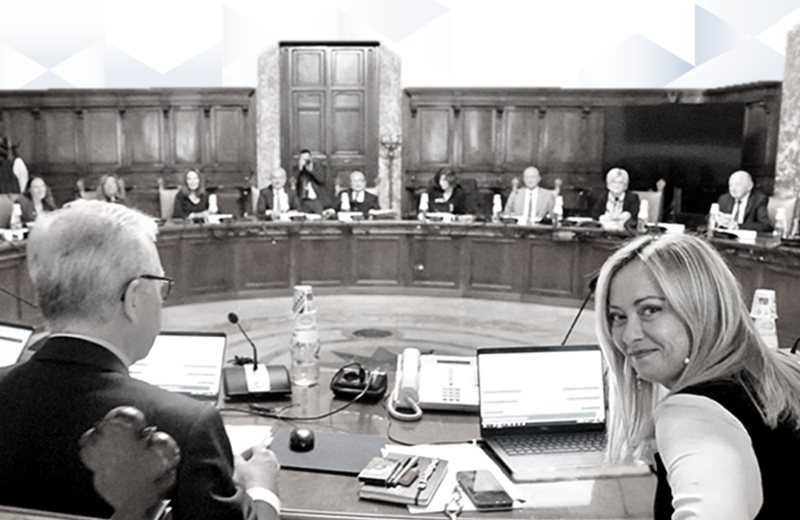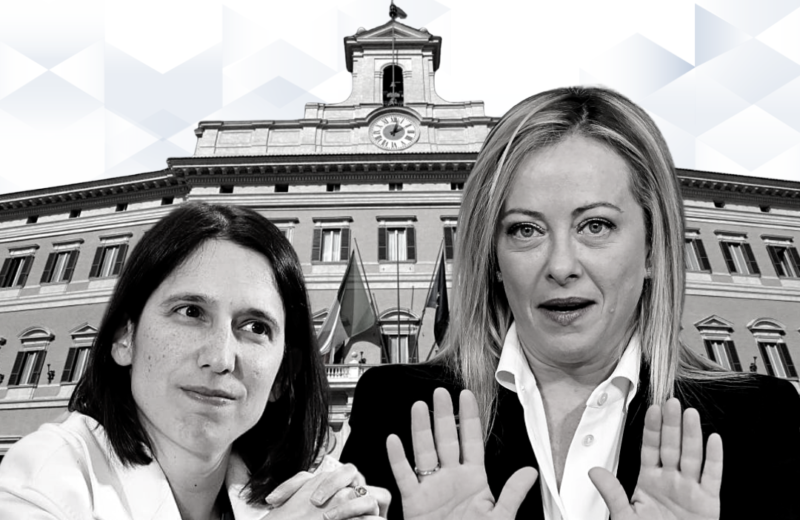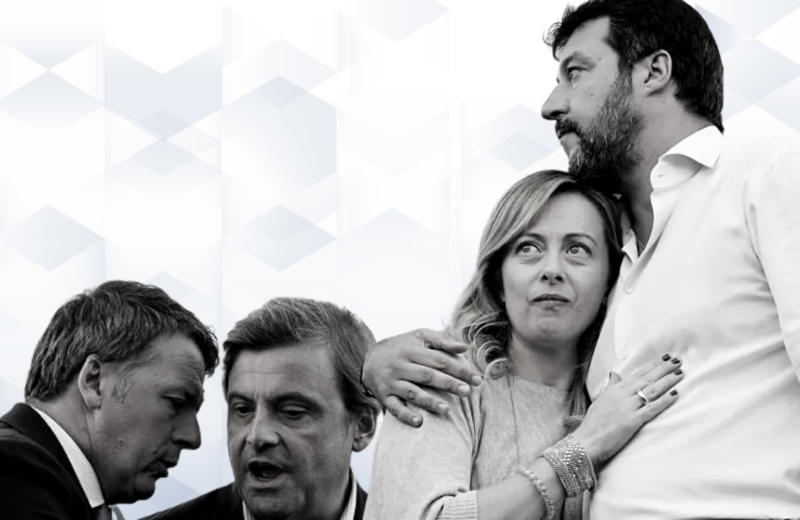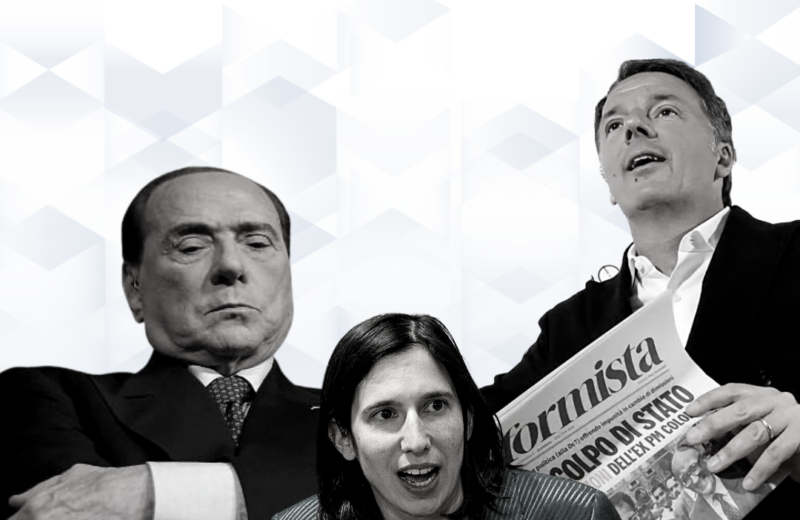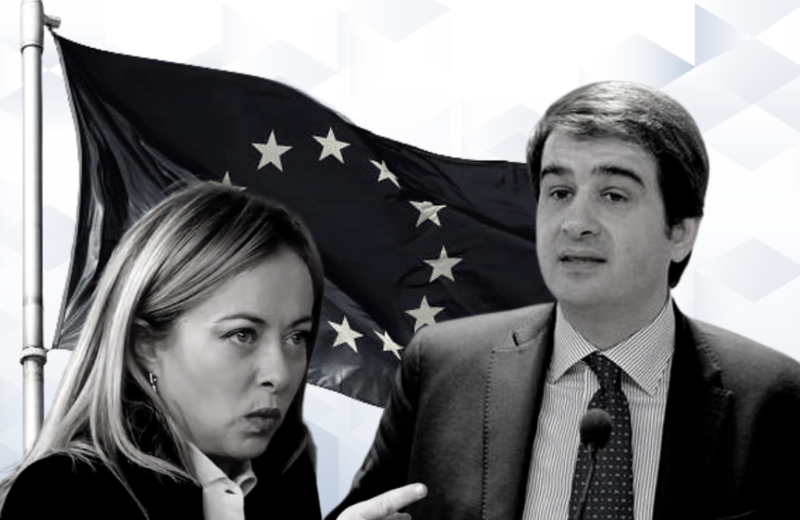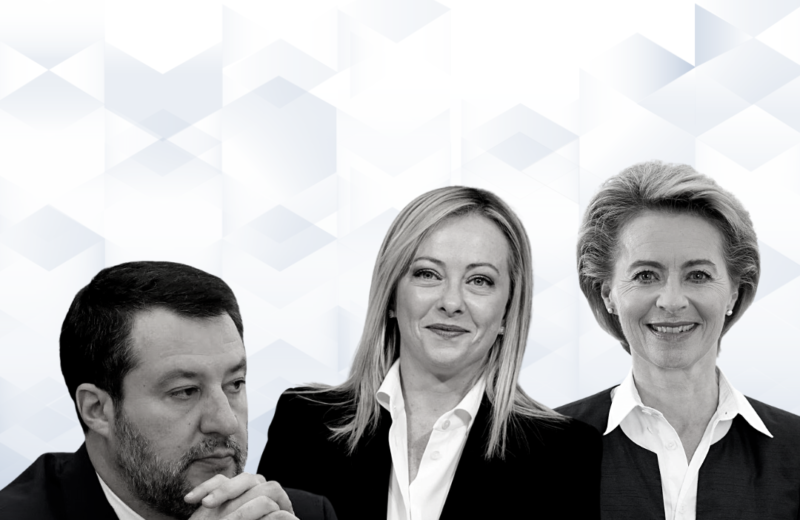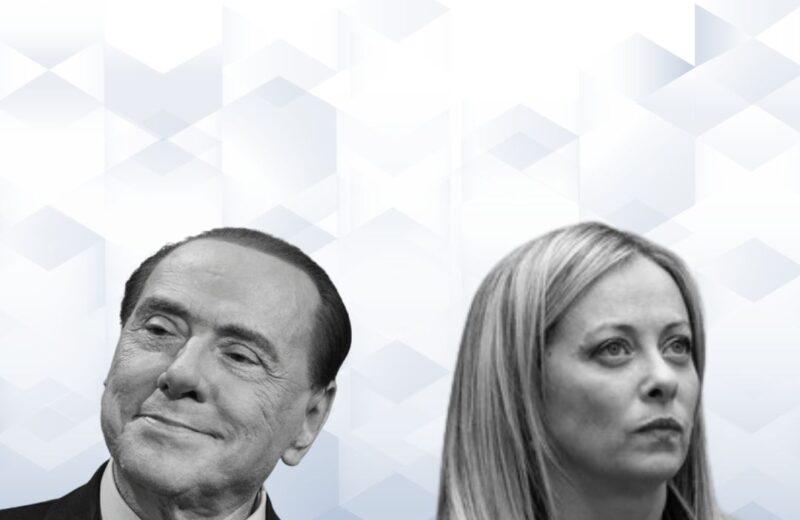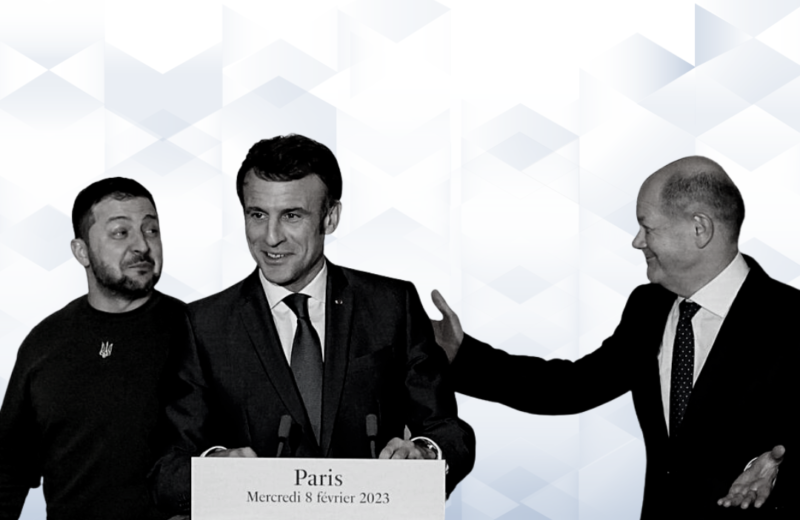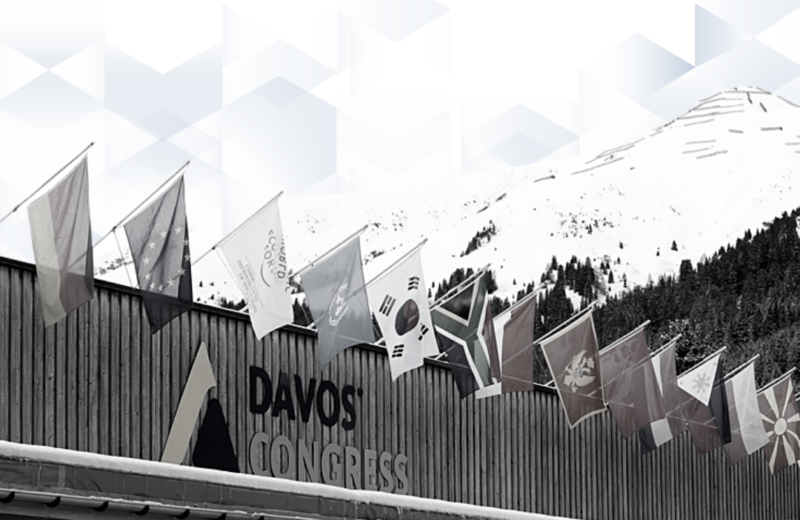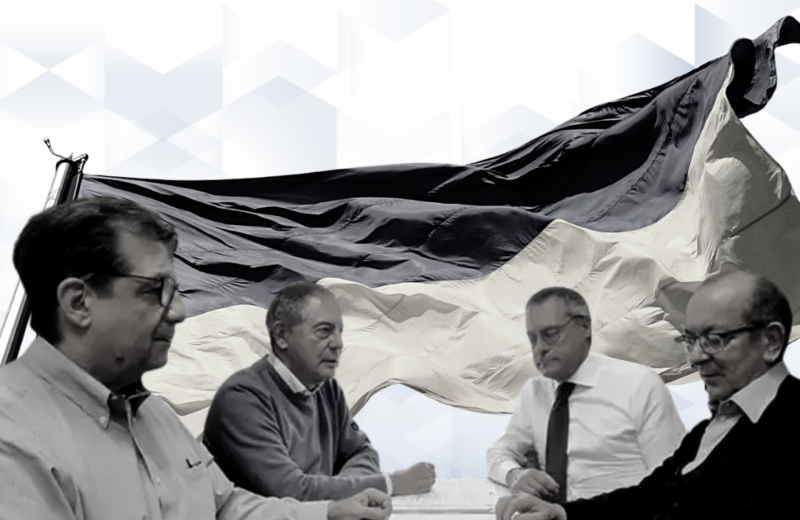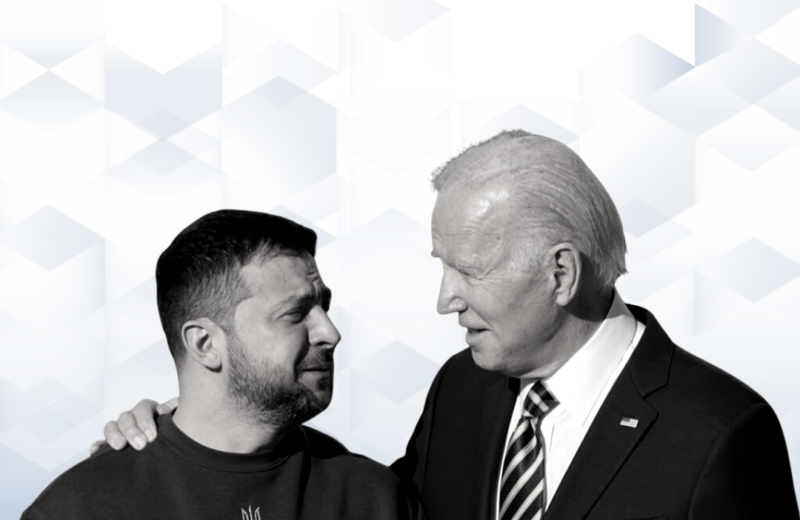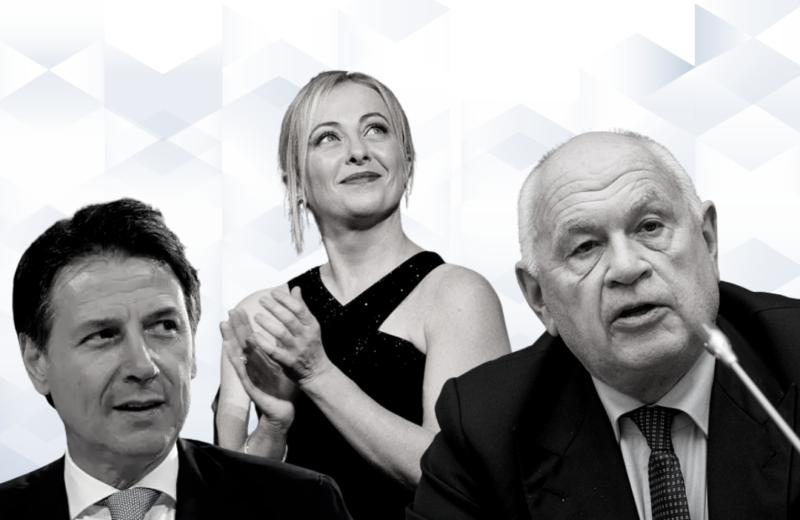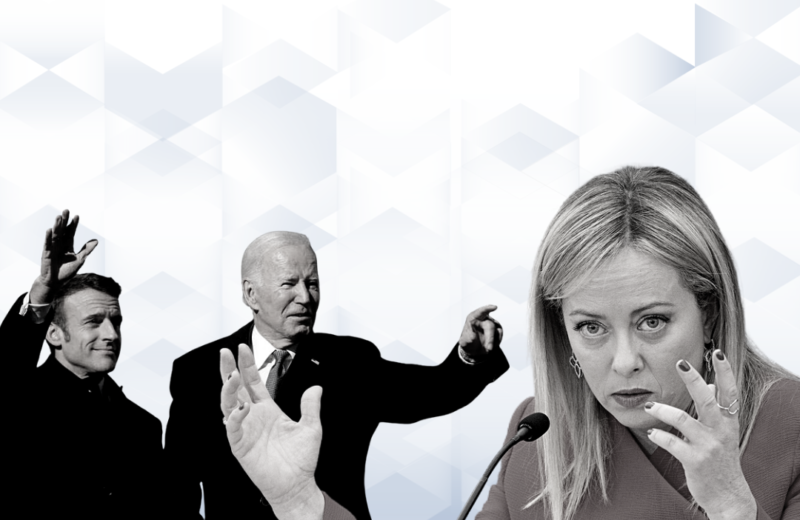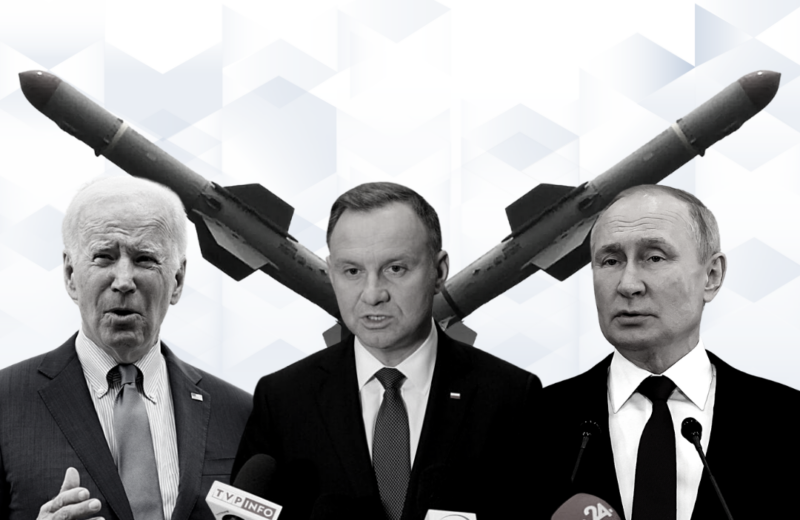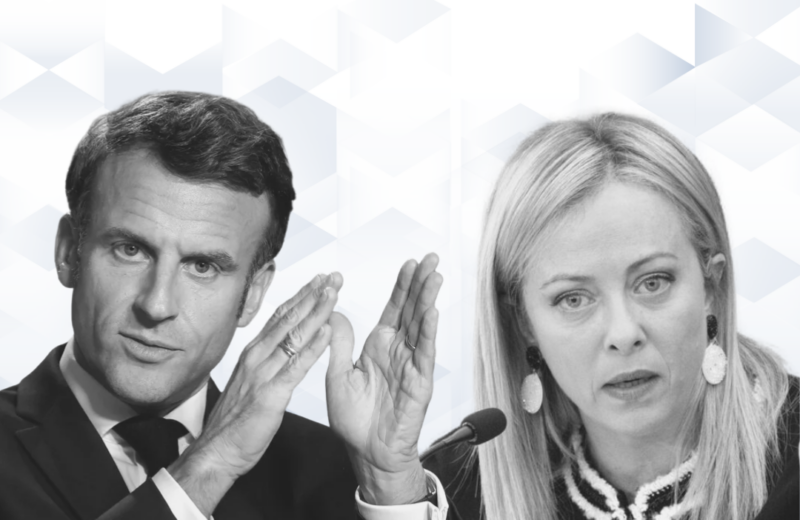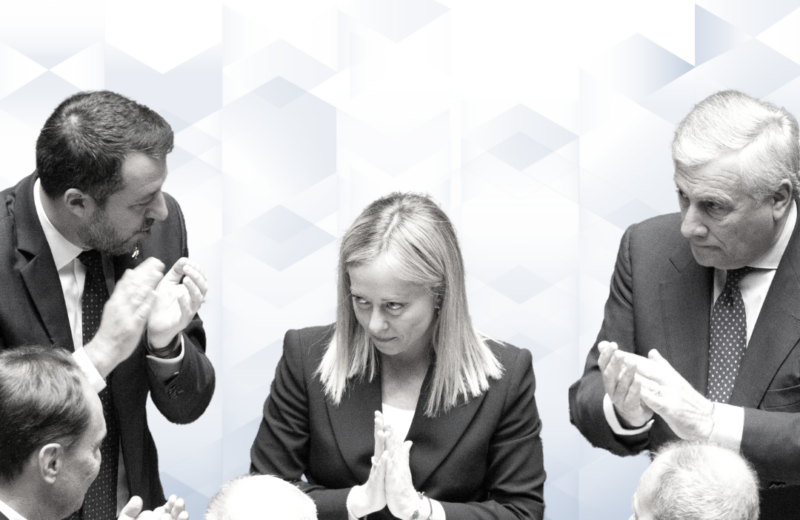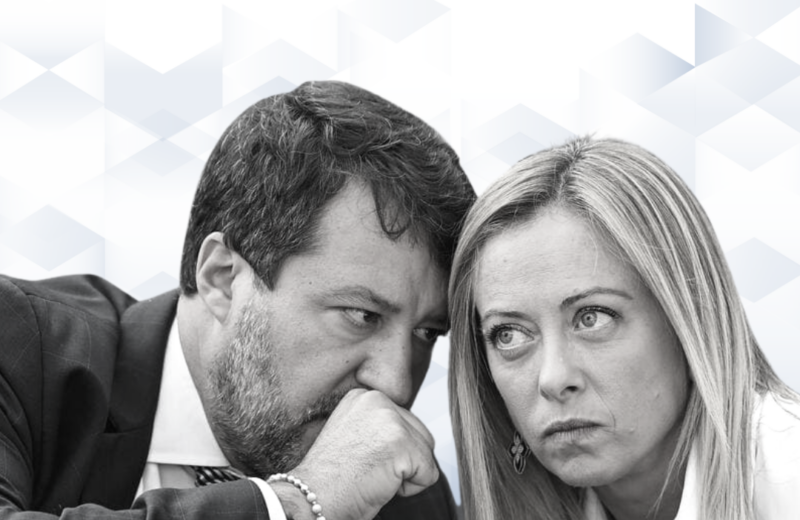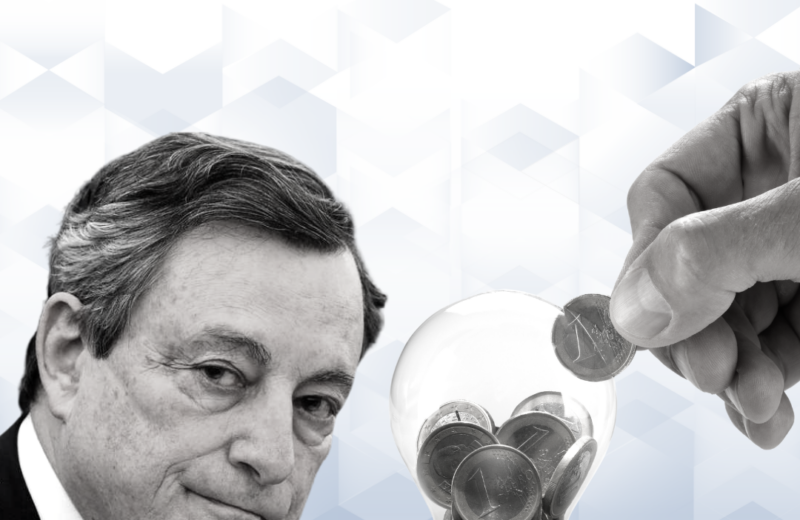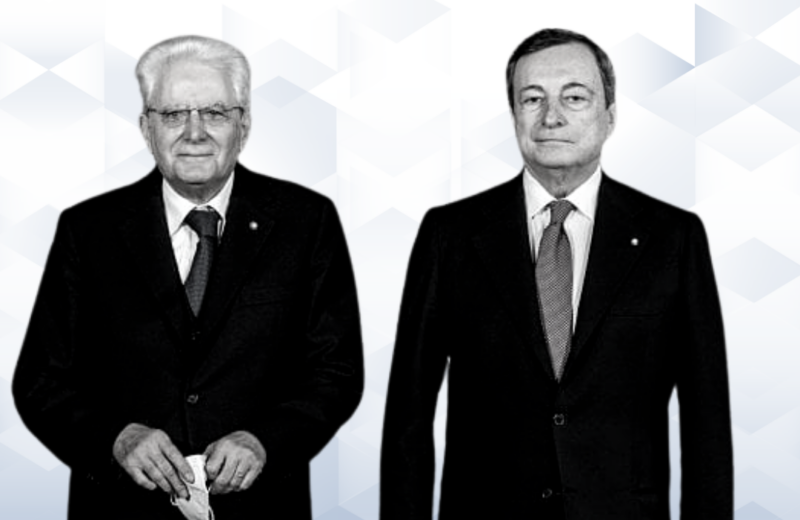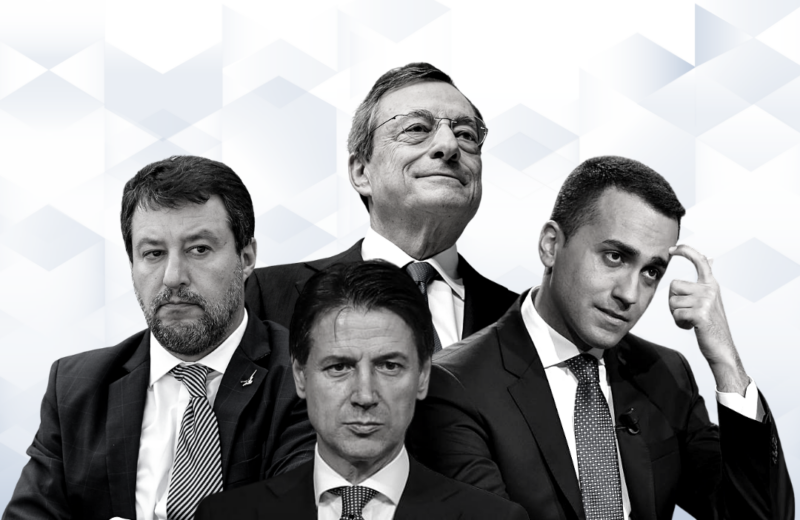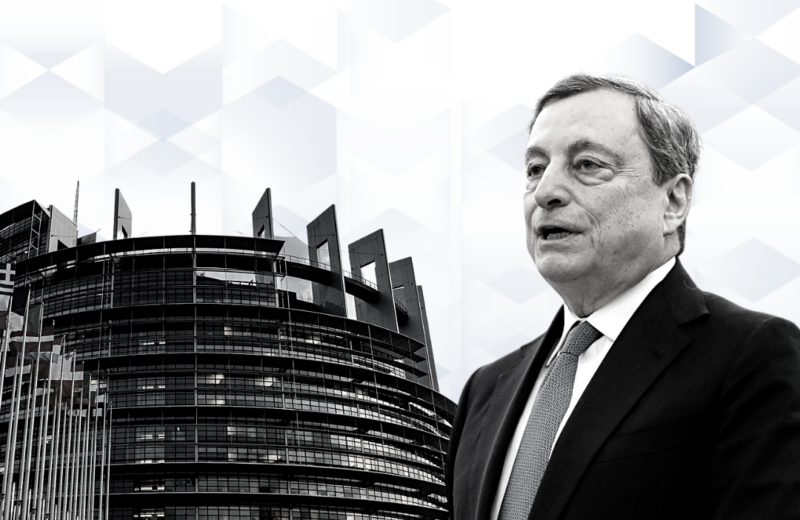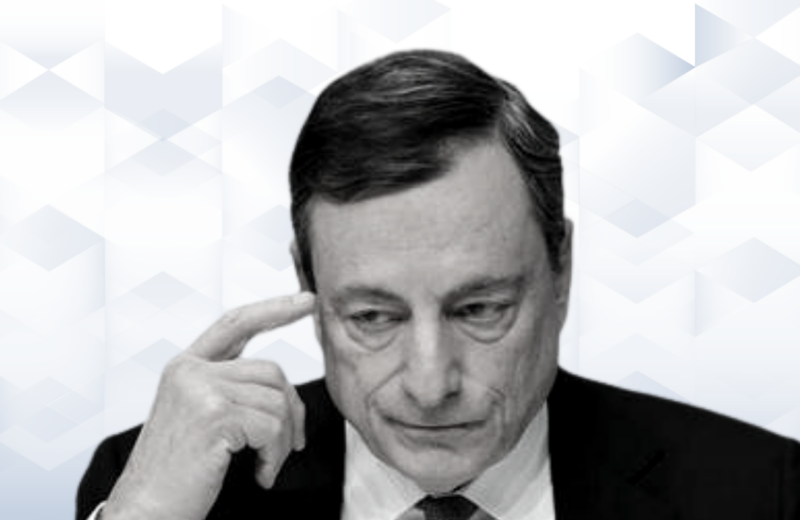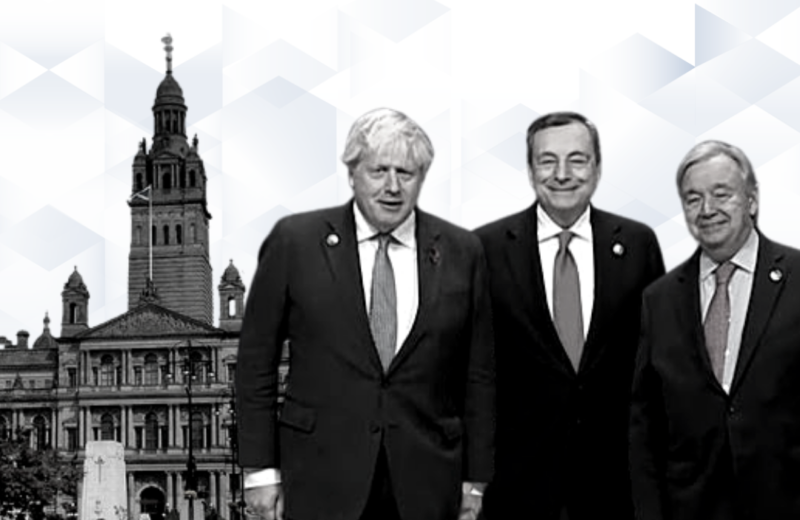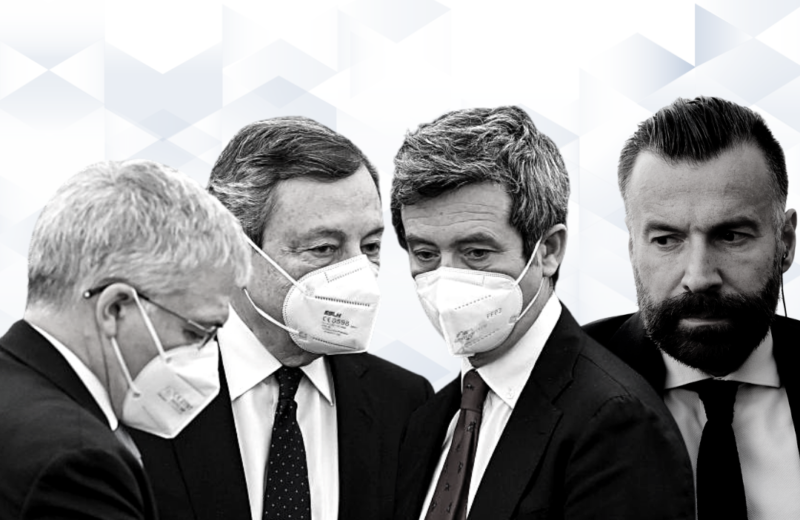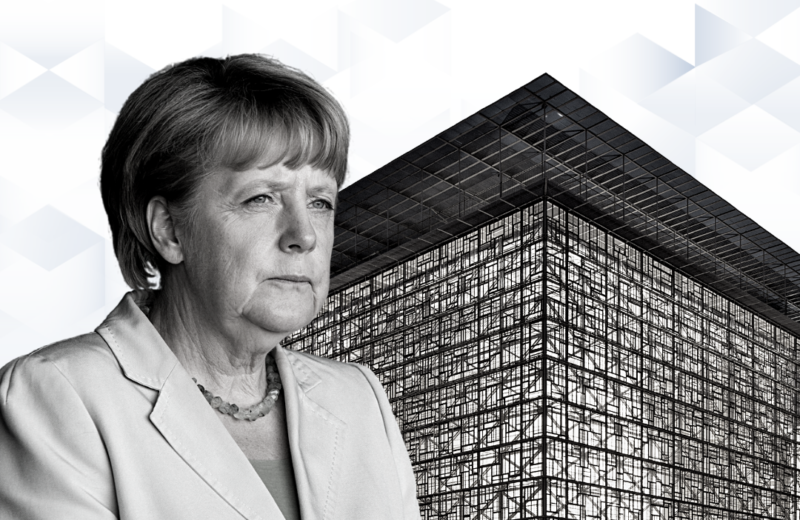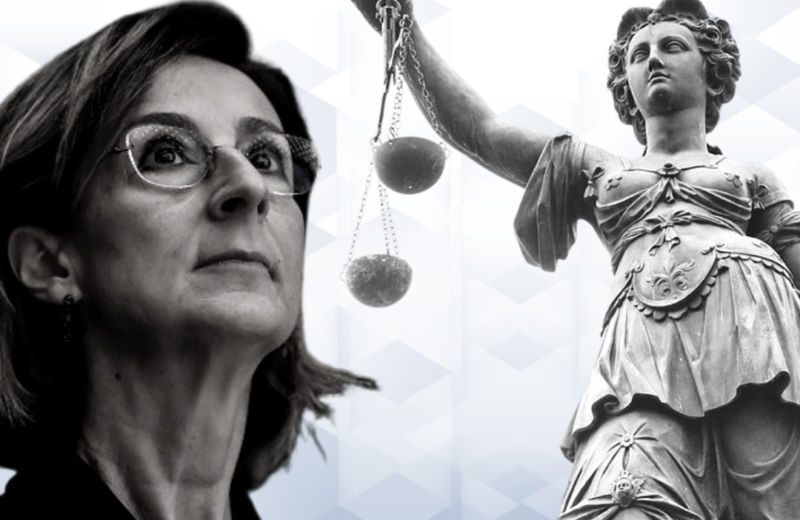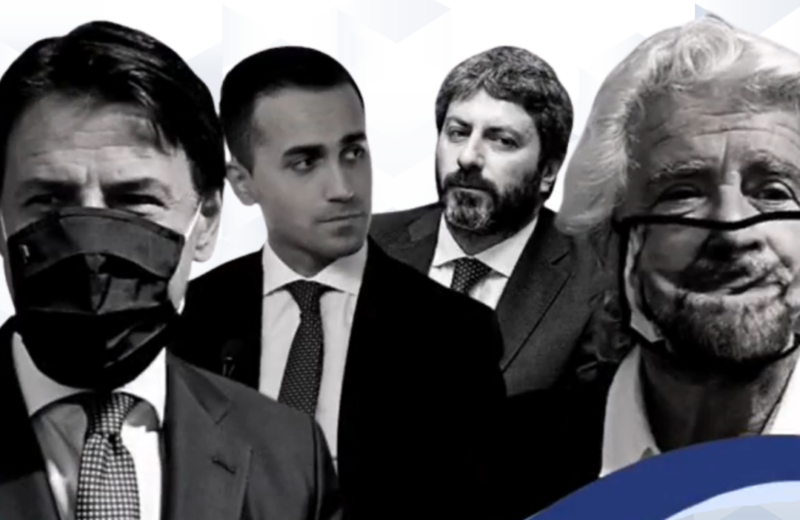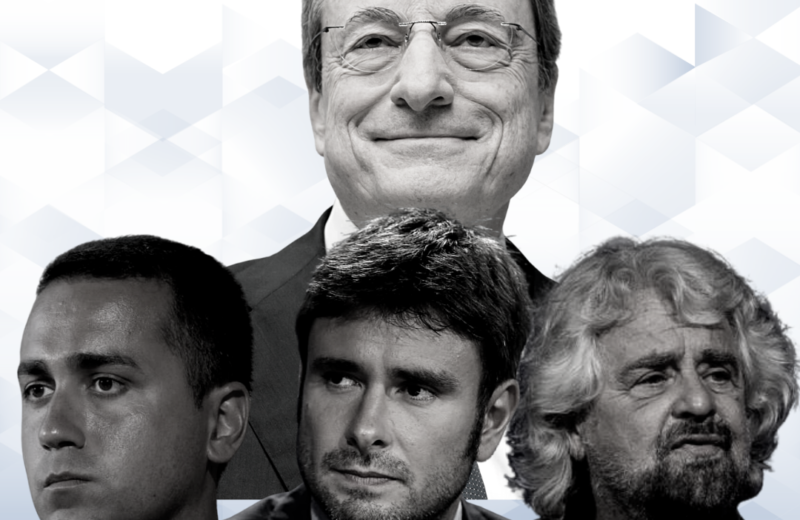Politics change, priorities remain
Last Sunday’s elections represented a turning point that will perhaps mark the beginning of a new political course for Italy. The premises are all there. A structural renewal that will start, it now seems clear, with a change of electoral law. In the last few hours, the Rosatellum has revealed all its tricks, which have amplified its criticalities in our political system. The result is that the recount and, consequently, the formation of the government will probably be lengthened. But the change of electoral law is a foregone conclusion if the form of government also changes. This legislature, with the blessing also of illustrious names in jurisprudence, to which Sabino Cassese was also added in the Corriere on Thursday, could be the one that will officially open the Fifth Republic, with the change of the country’s institutional structure in a presidential direction.
But above all, the parties are set to change. Fratelli d’Italia will become a government party, whose militant soul will inevitably be reshaped by the art of mediation, with results that will all have to be assessed. It will change the Lega, which, although trying hard cannot hide a very deep internal debate centered on its identity and consequently its leadership. It will change the Five Star Movement, to which Conte is succeeding in giving an extremely personalistic imprinting with encouraging results: that partisan soul softened by the more “protocol” manners of a former Prime Minister, which makes the prerogatives of the base seem more plausible and feasible.
But above all, the Democratic Party will change. There are even those who predict its radical disappearance, to make room for a new political space to be occupied by one or more forces that can intercept that demand for progressivism that does not seem to be satisfied at the moment. The PD has begun a phase of structural metamorphosis that it is currently undergoing frantically, with self-candidates very different from each other – as if governance were the problem. The impression, however, is that regeneration is primarily about the very soul of the party, its positioning with regard to the main challenges of the present day, its vision of the future and the idea of the country it wants to stand for building. And in this sense a “healthy” opposition can only do them good.
What has not changed, however, are the priorities on the domestic front and especially on the foreign front. The shadows in Eastern Europe are thickening and generating very serious repercussions on Western countries. The annexations to Moscow of Donetsk, Lugansk, Kherson and Zaporizhzhya, following questionable referenda, and the promise of the use of nuclear weapons to defend its “new” territorial integrity, reveal that the Siberian tiger is not defeated, not at all. And the story of the sabotage of the gas pipeline in the Baltic Sea is proof that the conflict has entered a new, perhaps more insidious and threatening phase. And this will require great strategic and diplomatic skills on the part of Western players. What is needed now, as Antonio Tajani hopes in Corriere, is a government with large shoulders. And all things considered, it would not be so wrong to pick up where we left off.
